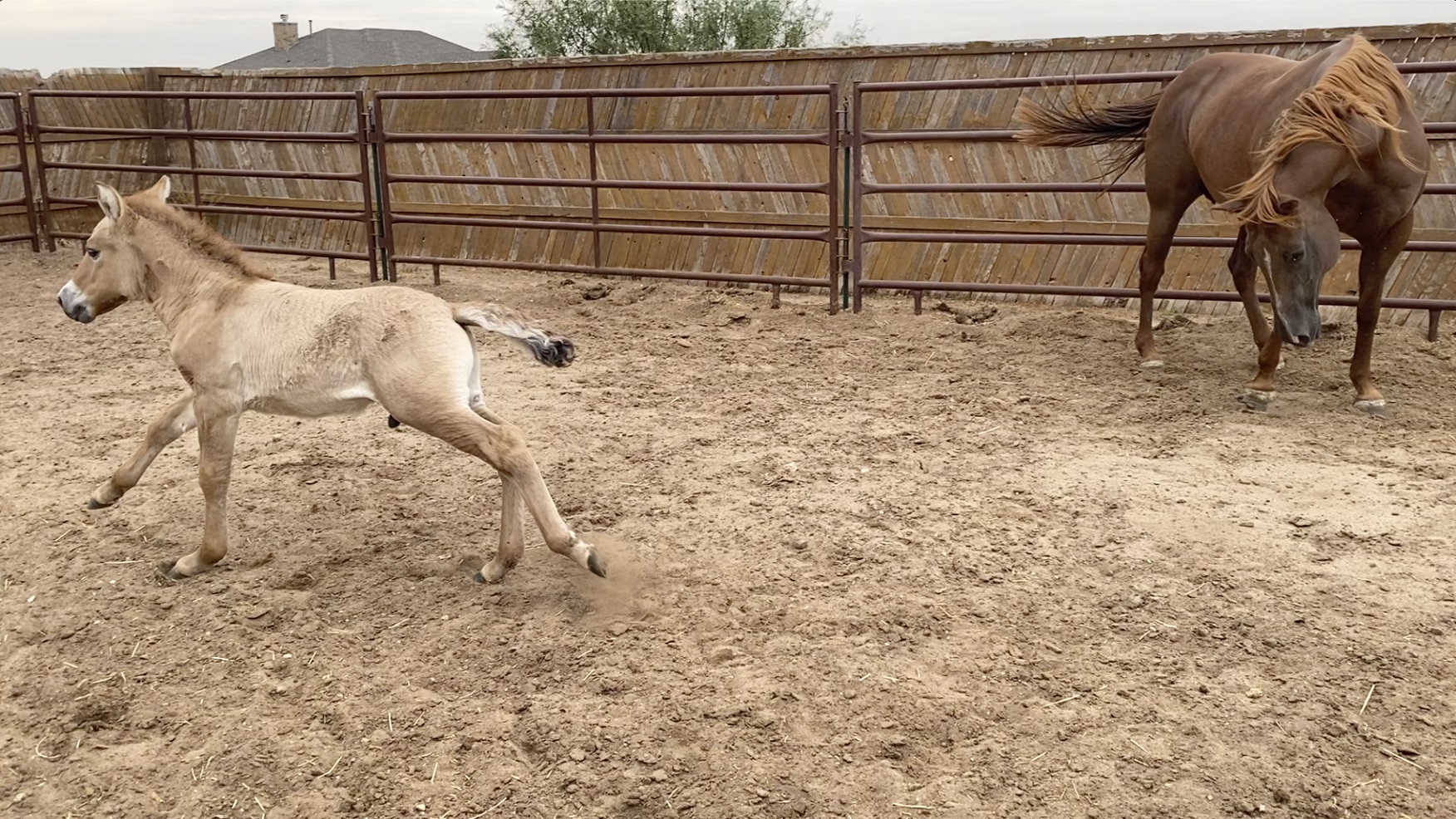Let’s not beat around the bush: Footballers earn far too much money. For those in the major leagues, even a ‘small’ salary can sit at around £15,000 ($20,000) a week. The most well-known players can expect 10 – 20 times that amount.
At the same time, charities supporting the most vulnerable people in the world—often the very communities these footballers grew up in—have to make do with a fraction of that income.
So it’s always heartening to see football players recognise their ability to make change at very little cost to themselves.
One inspiring example is Bosnian striker and Bundesliga legend Vedad Ibišević.
The 36-year-old, who last week signed for the German top-flight club FC Schalke 04, has pledged to give his basic salary to charity. While it’s not clear exactly how much this is worth, Ibisevic earned a reported £53,000 per week at his former club Hertha BSC.
“I am not here to earn money, but to play in the Bundesliga,” Ibisevic told Yahoo Sports.
“So we agreed that I won’t get a basic salary, only what I need to cover insurance, that will be donated to charity and I will play for bonuses.”
The footballer added that the destination for the charitable donations will most likely be a charity in Gelsenkirchen, the region in which Schalke football club is based.
‘A habit of giving back’
Ibisevic is a refugee from the Bosnian civil war, fleeing first to Switzerland and then being granted asylum in the USA, where his career as a footballer took off.
A moving profile on the Bundesliga site tells the story of a young Ibsevic hiding with his sister in a makeshift bunker while soldiers stormed his house, waiting for his parents who were making last-minute arrangements. In the first city they reached they shared a house with five other refugee families.
It seems refugee causes were always dear to his heart: the player donated €50,000 to help the integration of refugees into Germany in 2016.
Charity donations
Other notable charity actions in the world of football include Manchester United player Juan Mata’s Common Goal project, in which footballers and managers pledge to give 1% of their salary to charity. 160 people have signed up so far, including Megan Rapinoe, the player who led the US to victory in the FIFA Women’s World Cup; and Jurgen Klopp, the manager who turned around Liverpool’s fortunes and led them to become winners of both the Champions League and the Premier League.
In recent months, Mata’s Manchester United teammate Marcus Rashford has also emerged as a champion for under-resourced communities. As someone with experience of food poverty as a child, he led a campaign that forced UK Prime Minister Boris Johnson to reverse a decision to cut food vouchers for some of the poorest families in the country.
Writing on social media after the decision, he said: “I stand proud today knowing that we have listened, and we have done what is right. There is still a long way to go but I am thankful to you all that we have given these families just one less thing to worry about tonight.
“The wellbeing of our children should ALWAYS be a priority.”
Other footballers revered for their charitable streaks include Damiano Tommasi, a fan-favourite who won the Italian league with Roma in 2001. He reportedly oversaw the redistribution of teammates disciplinary fines to charitable causes, made large donations to help build houses for migrants in Italy, and—towards the end of his career—entered local folklore by only accepting the minimum wage of €1,500 a month to play for Roma.
Providing a new start to those who‘ve fled their homes represents the best of Britain’s values. As we know refugees have always helped to keep our communities safe and make our society stronger. They even brought us fish & chips. Im standing with @RESCUE_UK to #StandWithRefugees pic.twitter.com/9zN9EeEmTQ
— Gary Lineker (@GaryLineker) September 3, 2020
Recently, former footballer and current TV Presenter Gary Lineker has pledged to open his house to refugees through the ‘Refugees At Home’ scheme, which is hoping to find temporary accomodation for 2,250 people in the UK.
“My kids are all grown up so I’ve got plenty of room and if I can help on a temporary basis then I’m more than happy to do so. I’m used to young men in my house. I have four lads in their 20s and believe me I’m sure they will behave better than my lot do,” he told the Daily Mirror, as quoted in Info Migrants.




